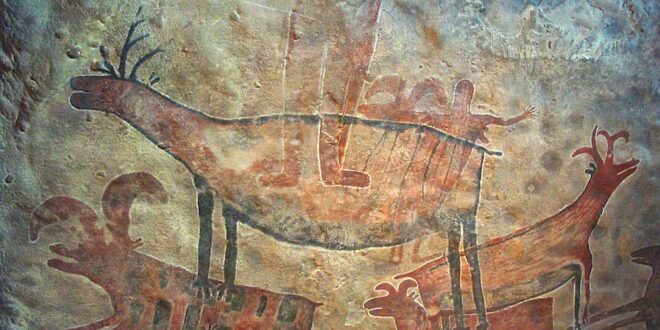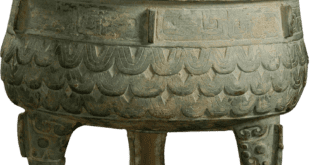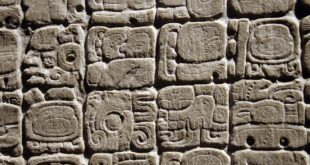The Magnificence of Lost Cultures: Top 10 Ancient Civilizations
The Wonders of Ancient Civilizations
The world is full of fascinating history and civilizations that have emerged over time. The ancient times saw powerful kingdoms and empires, which crumbled and were lost, leaving behind stories and myths, alongside the ruins of ancient architecture, art and rich cultural heritage. The civilization of each ancient culture was unique and unique in its grandeur, giving testimony to the immense creative abilities our human species as often quite brilliantly exhibited at a time when modern technology and advancements were non-existent.
As we explore the top 10 lost cultures of the world, let us delve into what life was like in these once grand civilizations.
The Mesopotamian Civilization
The cradle of civilization, located between the Tigris and Euphrates rivers, was the place where the Mesopotamian civilization thrived, laying the foundation for what was the world’s first civilization some 7,000 years ago. This civilization gave rise to various social, economic and administrative organizations; they were skilled inventors and astronomers, building towering temples and cities.
The Indus Valley Civilization
The Indus Valley Civilization existed some 5,000 years ago, notable for their complex system of urban planning, ancient soap manufacturing and advanced technologies such as their water sanitation systems – this far exceeding the technology access of even some of their later bronze-age counterparts in history.
Ancient Egyptians
The Ancient Egyptians were famous for their grand intricate and mammoth pyramids and other engineering structures, in addition to complex burial rituals where entire families were entombed together, and considered one of the sectors that spurred the boom in Egyptologists and archaeology in the West since the Akhenaten discovery.
Roman Civilization
The Roman Civilization is consensually seen as being next in command behind the Greeks in terms of impacting modern civilization – providing important economic models and contributing various governance strategies; Mathematics and engineering are disciplines they are renowned for, leaving widespread interests in computer programming.
Ancient Greeks
Known for being the cradle of Western civilization and the birthplace of democracy, it’s hard not to be in awe of the Ancient Greek Civilization that flourished over 2,500 years ago. The Ancient Greeks made profound contributions to each field in the earliest stem the humanities with significant literature work its cultural impact is still clearly acknowledged even in current Western thought and referencing.
Chinese Civilization
Spanning over 3,500 years before the decline of Emperor XI’s Ching Dynasty, the Chinese Civilization saw drastic growth and impingement in varying industries. They are often labelled with the Chinese manufacturing industry – but the Chinese Civilization went far beyond this with notoriety in poetry, engineering structures and even chemistry amongst many still-not understood achievements.
The Maya Civilization
The Maya Civilization once existing in the highlands of central America without question experienced periods of intense creativity in astronomy where ancient pyramids seem to be discovered on a daily basis; such as new temples for their sky such as astro-observations.
The Inca Civilization
You cannot remove discussing the Inca Civilization which flourished in present-day Peru through the skillful organization of social hierarchies providing as they did civic advantage and even accessing resources where modern civilizations could never achieve of their own.
Viking Civilization
Coming from Scandinavia possibly the last civilization many of us may perhaps forget is the Vikings, well-known for their marauding and varied cultural practices for numerous centuries.
Babylonians
The Babylonians were technologically ahead of their time. You wonder what more technology might have looked like at present if the era of the Babylonians had not been ended – maybe figuratively speaking we probably might be terraforming some other planets today.
Conclusion
In Ancient times, resourcefulness, mental stamina and endurance was the cornerstone of the basis of modern civilization. Unfortunately, as rich as they were ancient their civilizations died with their creators caused my numerous factors such as disease, civil unrest and various changing cultural events. The Magnificence of the Old Civilizations may be no longer among us, but their impact resonates deep into the present day underping much of our modern structures, belief, and culture.
 Mind Uncharted Explore. Discover. Learn.
Mind Uncharted Explore. Discover. Learn.




